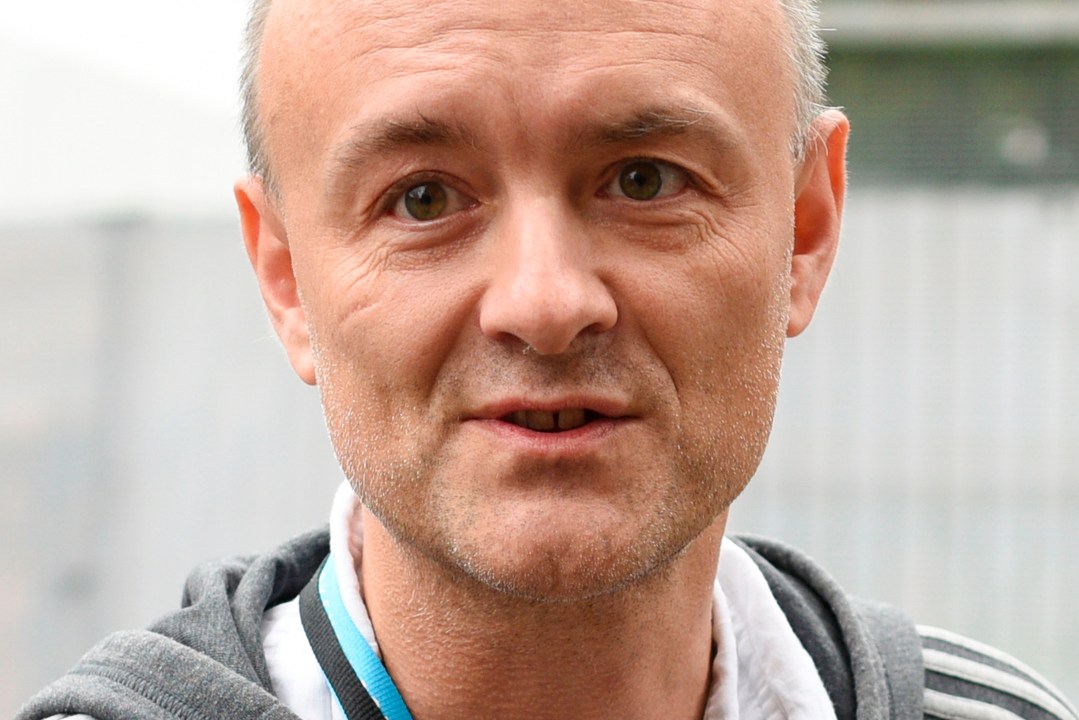There have been an enormous number of positive attributes on display during the lockdown. Family members keeping an eye on each other. Neighbours looking after each other more. But there have been ugly attributes about as well. None uglier than the sort of tell-tale attitude that makes you realise how the secret police could always rely on a certain portion of the populace in any country.
Everyone has their own anecdotes. A friend who lives in the countryside told me that someone she knew said to her, ‘Are you aware that this is your second walk of the day?’ That sort of thing. The people who have reported on others who they think are doing something they shouldn’t. It is the real-world equivalent of that orgy of online prurience in which people compete for the moral high-ground through expressing competitive horror at gatherings of people who they think are gathering wrongly. Such displays tend to be fake in several ways. Not just in the sentiments expressed but in the fact that the photos people object to have, in several cases, been from pre-lockdown or are taken at such an angle that it makes it looks like people are mingling freely when they are in fact keeping apart.
This is about whether an individual has the right to do what he believes to be right for his family or not
Which brings me to the Cummings story. If Dominic and his wife decided that they should travel to his parent’s house to isolate nearby so that his parents could look after their young child then that is a matter for them. Of course, the online world, dominated as always by the entirely virtuous and mentally stable, is filled with people demanding to know why the Cummingses didn’t take some other course of action. Why did they not discover a family member closer to home? Or leave their child with someone else? After nailing that one with their logic, the same people are now going on to ask why neither Dominic nor his wife wrote about their round-trip to the north to isolate near his parents. I suspect – though I don’t know – that they probably avoided mentioning this precisely in order to avoid the sort of prurience and hectoring to which they are now being subjected.
The problem is that the public is increasingly angry about the lockdown and, in such circumstances, it is perhaps inevitable (as we know from the work of René Girard among others) that people will be searching for scapegoats. Such people will fall into two groups: those who have followed the government guidelines strictly and have therefore denied themselves certain things (which now causes them growing resentment); and those who have been slightly freer in their own interpretation of the government guidelines and so need someone to be able to point to as a wrongdoer in order to alleviate their own guilt and cover over any suspicions in the eyes of their peers. At such a juncture, these two groups can unite against anybody who is perceived to have interpreted the government advice more freely than they think they ought to have done.
Of course, the government needs to come through this whole period as intact as possible and giving into such mini-stampedes would be a disastrous error. Since Cummings is central to the Boris Johnson government, it would be an astonishing short-term error to even think of losing him. The longer-term question, though, is what sort of country we want to come out of this lockdown. I didn’t pile in on the Professor Pantsdown affair because I didn’t see any need to and don’t find such pile-ons especially edifying. But the Cummings case is different. Not just because it is not an issue of hypocrisy (as it was in that case) but because this is about whether an individual has the right to do what he believes to be right for his family or not.
Those people insisting that we do not have such a right may be doing so for any number of reasons. It seems possible – just possible – that some have chosen to be ultra-strict on this issue because they see an opportunity to punish Cummings for some other ‘error’ (such as leading the campaign that the majority of the British people supported in 2016). Perhaps it is inevitable that such people will seize whatever tools they find coming to hand. But they might also think about what they are becoming, and whether it is something they really want to be, or not.








Comments